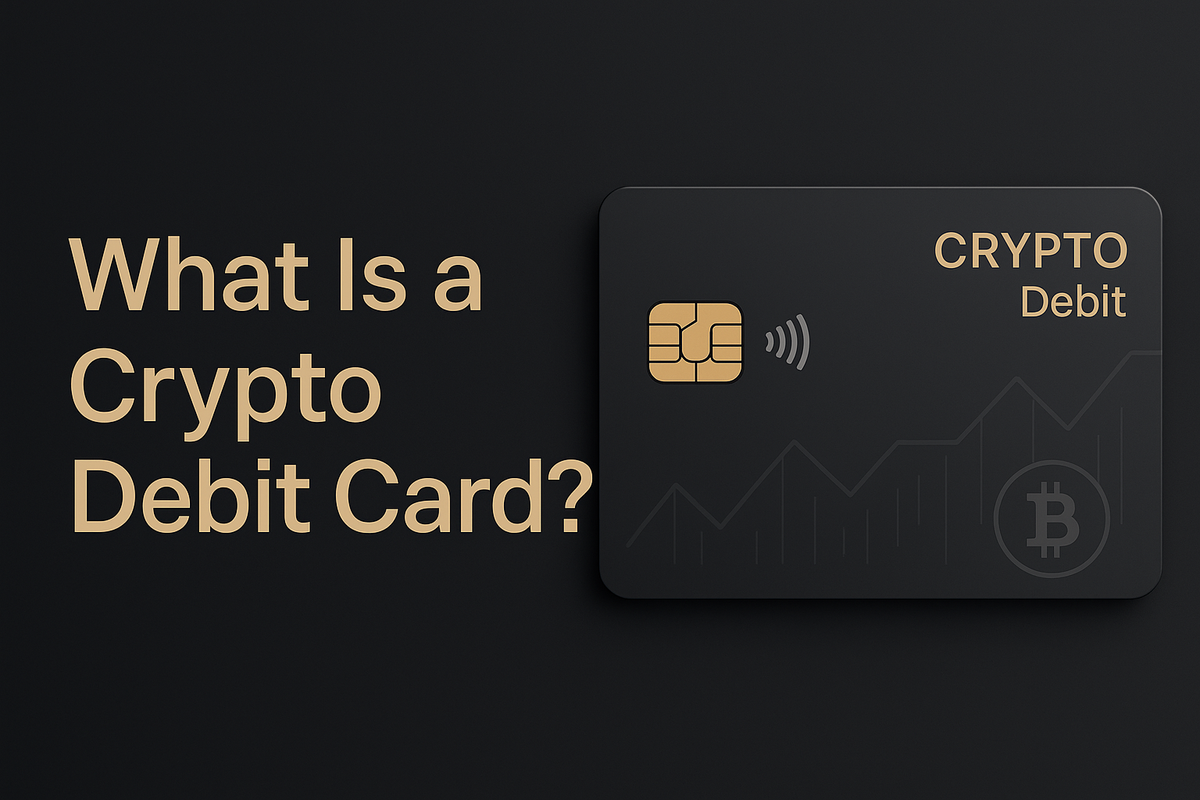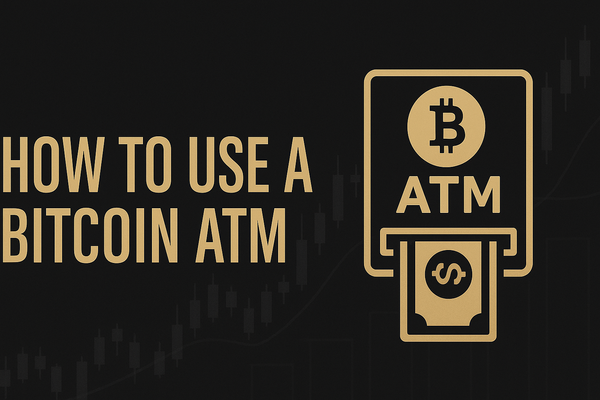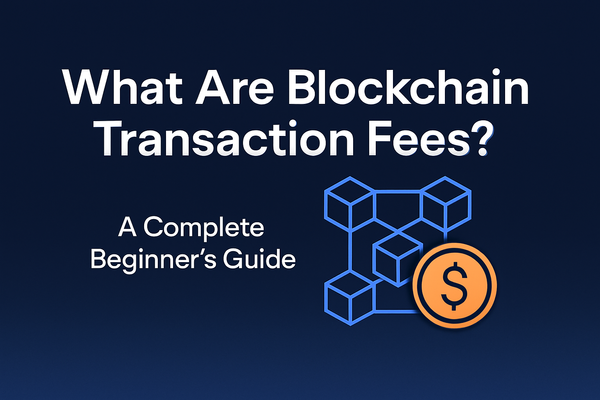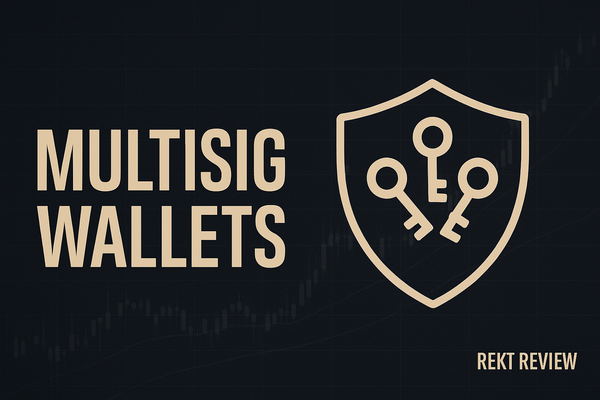What Is a Crypto Debit Card? A Simple Guide for Beginners
Crypto debit cards make it easy to spend Bitcoin, Ethereum, and more in everyday life. Discover how they work, their pros and cons, and top providers.

Cryptocurrency continues to grow beyond just a speculative investment. One of the newest ways to use digital assets in daily life is through a crypto card. These cards allow users to spend their crypto holdings just like traditional money, bridging the gap between blockchain technology and everyday purchases. With a crypto debit card, crypto becomes as easy to use as a bank account.
What Is a Crypto Card?
A crypto card is a payment card that lets you spend cryptocurrencies like Bitcoin, Ethereum, or USDC in the real world. Instead of paying directly with crypto, the card automatically converts your digital assets into local currency at the time of purchase. This makes it easy to use crypto at millions of merchants worldwide.
There are two main types of crypto cards: crypto debit cards and crypto credit cards. A crypto debit card requires you to load funds upfront, similar to a prepaid card. In contrast, a crypto credit card offers a line of credit and rewards you in crypto instead of cash. However, most options available today are debit-based.
How Does a Crypto Debit Card Work?
A crypto debit card works by linking your cryptocurrency balance to a traditional payment network like Visa or Mastercard. Before you can use it, you need to load your card by transferring supported cryptocurrencies into a linked wallet or account. Some providers also allow auto-top-up from your crypto holdings.
When you make a purchase, the card provider instantly converts your crypto into the local fiat currency. This allows you to swipe, tap, or insert your card at stores just like a regular debit card. You can also use crypto debit cards for online shopping, subscriptions, and even ATM withdrawals in some cases.
Key Features of Crypto Debit Cards
Most crypto debit cards support a wide range of cryptocurrencies, including Bitcoin (BTC), Ethereum (ETH), and stablecoins like USDC. Some cards even allow users to switch between multiple assets depending on which crypto they prefer to spend.
These cards are typically issued through major payment networks like Visa or Mastercard. That means you can use them almost anywhere regular cards are accepted — in-store, online, and at ATMs worldwide.
Many providers also offer rewards programs. Users can earn cashback in cryptocurrency, access exclusive offers, or benefit from reduced trading fees. Some cards even provide tiered reward levels based on how much of their native token you stake or hold.
Security is another major focus. Features like two-factor authentication (2FA), instant transaction alerts, and spending limits help protect users' funds. Some cards also offer advanced controls through mobile apps, such as freezing or unfreezing the card with a tap.
Pros and Cons of Using a Crypto Debit Card
Pros
A crypto debit card makes it easy to spend cryptocurrencies for everyday purchases without manually converting them to cash. Many cards offer attractive rewards like cashback in Bitcoin or other tokens. Plus, because they run on Visa or Mastercard networks, they are accepted globally across millions of merchants.
Cons
However, crypto prices can fluctuate rapidly. This means the value of your spending money might drop suddenly. Some cards also charge fees, including transaction, maintenance, or ATM withdrawal fees. Lastly, spending crypto can trigger taxable events, requiring careful tracking for tax reporting purposes.
Top Crypto Debit Card Providers
Several companies now offer reliable crypto debit cards for everyday use. One popular option is the Crypto.com Visa Card, which supports multiple cryptocurrencies and offers tiered cashback rewards. Users can also enjoy perks like free Spotify and Netflix subscriptions based on their card level.
Another strong choice is the Coinbase Card, which lets users spend their crypto balance directly without needing to pre-load. It also offers crypto rewards on every purchase. The Binance Card provides similar benefits, supporting a wide range of assets with up to 8% cashback depending on your Binance Coin (BNB) holdings.
Finally, the BlockFi Bitcoin Rewards Card stands out because it works more like a traditional credit card but rewards users with Bitcoin instead of points or cash.
Crypto Debit Card vs. Crypto Credit Card
A crypto debit card lets you spend digital assets that you already own. You must pre-load funds onto the card, and your crypto is converted to fiat at the time of purchase. It works like a prepaid debit card, with no borrowing involved.
On the other hand, a crypto credit card operates on borrowed funds, just like a regular credit card. Instead of spending your crypto directly, you borrow money to make purchases and pay it back later. Rewards are typically given in cryptocurrency rather than points or miles.
Eligibility also differs. Debit cards are easier to obtain since they don't require a credit check, while crypto credit cards usually require a credit application. Choosing between the two depends on your financial habits and whether you prefer spending your crypto or earning it through rewards.
How to Choose the Right Crypto Card
When picking a crypto debit card, start by checking which cryptocurrencies are supported. Some cards only allow Bitcoin, while others support dozens of assets. Always review the fee structure, including transaction fees, maintenance costs, and withdrawal charges.
Rewards programs can also make a big difference. Look for cards that offer cashback, perks, or special bonuses for frequent users. Lastly, make sure the card is available in your country and supports your local currency. Choosing the right card comes down to balancing convenience, cost, and rewards.
Crypto Debit Card FAQ
A crypto debit card allows you to spend cryptocurrency by converting it into fiat currency instantly during a purchase.
You load the card with cryptocurrency, and at checkout, the provider converts the crypto to local currency to complete the transaction.
Yes, most crypto debit cards are accepted anywhere Visa or Mastercard is supported, both online and in physical stores.
Some crypto debit cards may charge fees such as transaction fees, ATM withdrawal fees, or maintenance fees. Always review the terms carefully.
Yes, reputable cards offer strong security features like two-factor authentication, encryption, and instant transaction alerts to protect your funds.
Conclusion
A crypto debit card is a powerful tool for making cryptocurrencies part of everyday life. It offers convenience, global access, and potential rewards. However, users should always consider fees, security, and volatility before choosing a card. Take time to find the right fit for your spending habits and goals.





